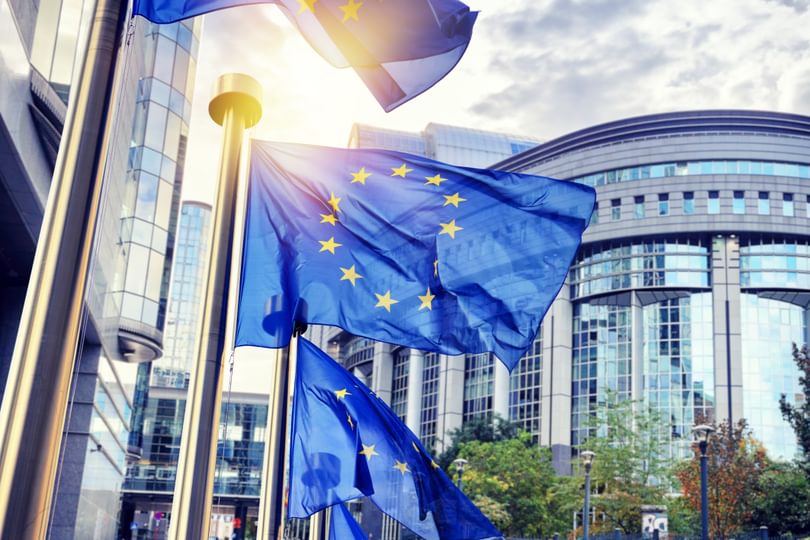
An international group of researchers has concluded that an upcoming trade agreement between the EU and Argentina, Brazil, Paraguay and Uruguay (the Mercosur bloc) fails across sustainability criteria.
In a paper published in One Earth, researchers report that mechanisms to include and protect local communities, track goods, and to enforce sustainability standards are lacking throughout the proposed deal text. Frameworks to support inclusiveness, such as the United Nations Declaration on the Rights of Indigenous Peoples (UNDRIP), have been overlooked. Mechanisms to trace the origins of commodities with a high risk of driving deforestation, such as beef and soy, are absent.
While the text of the trade deal does include some sustainability principles, stating “increased trade should not come at the expense of the environment or labour conditions”, the researchers point out that there are no legally binding enforcement mechanisms included to ensure that principle is followed.
“Even if we forget the EU-Mercosur deal, European imports from the Mercosur bloc are driving one football pitch of deforestation every three minutes”, said lead author Dr. Laura Kehoe, a scientist with the The Nature Conservancy and the Oxford Martin Programme on the Future of Food, “We don’t need fancy new technologies to avoid fueling conflict and ecocide abroad. We already have many of the solutions – what we need is EU leaders to take strong action”.
In addition to outlining where the EU-Mercosur Trade Deal fails in supporting sustainability across inclusion, transparency and enforcement, the paper also argues that the deal stands in direct contradiction to the recently announced European Green Deal goals. It goes on to outline internationally recognised mechanisms that could be used to strengthen the sustainability of future trade agreements.
Tiago Reis, a Brazilian PhD candidate at the Université Catholique de Louvain in Belgium and a co-author on the paper, stresses that public support for including sustainability in trade deals is high, and that timely action is needed. “The window of opportunity for avoiding the disastrous outcomes of climate change is closing. "As the school strikes and climate protests across Europe have shown, the public is increasingly unwilling to accept production practices that cause climate change”, he says.